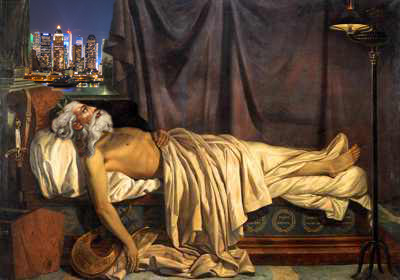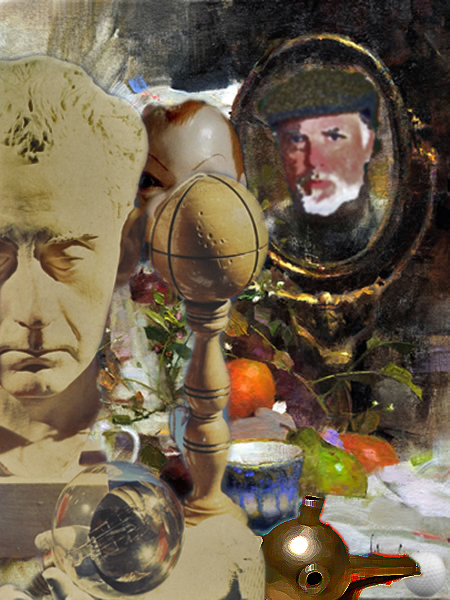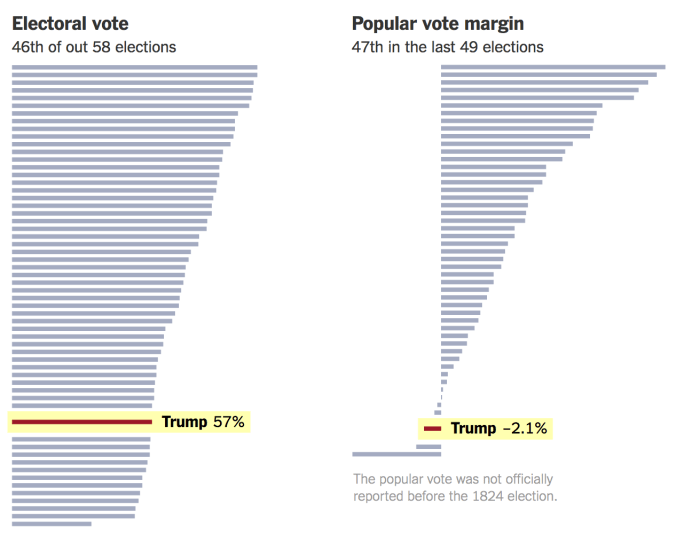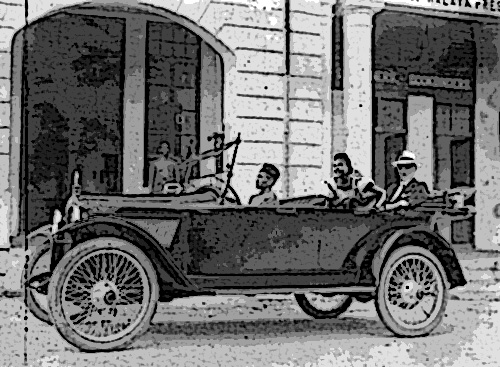
Gebhard Fuge: An den Wassern Babylons
A couple of posts ago, I stated that I wasn’t going to do my annual review because I lacked the courage; however, I’ve changed my mind hoping that the exercise might provide some catharsis, serve as a purgative to wash away pity and terror, as I rent my sackcloth and tear out my few remaining strands of hair.
January
Prophetically setting the tone for horror over the horizon, my very first post this year was a New Year’s Day comparison of Hank Williams and Townes Van Zandt, two doomed cool rocking daddies who both died on New Year’s Day 44 years apart. Click Here.
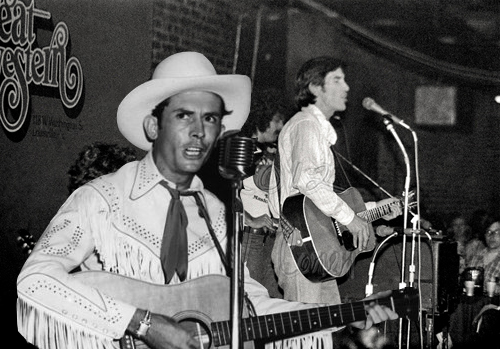
Of course, David Bowie would die later that month while those undelightful Bundry Boys, who later would be acquitted, occupied federal property in Montana. Instead of going there, I’ve linked the cautionary tale of my first acquaintance with alcohol. Read it and weep. Click Here.

February
In February my Aunt Virginia died, which led to musing on mortality as my siblings and I scattered her remains to the Folly River. Click Here.

Here’s also a review of Kendrick Lamar’s To Pimp a Butterfly, which I listened to driving to a funeral home after a stranger in a bar the previous evening showed me photographs of her husband’s severed finger stumps, which he had acquired a couple of hours earlier. Click here.
March
 Pat Conroy, the father of a close friend, died. She and her sister stayed with us during his hospitalization. Click here.
Pat Conroy, the father of a close friend, died. She and her sister stayed with us during his hospitalization. Click here.
In addition, March brought us the news of the return of Judy Birdsong’s T-Cell Lymphoma, which, of course, was profoundly disheartening.
This post was created on Good Friday right after finding out the news. Click here.
April
Teaching Keats while in despair proved quite difficult but do-able. Click here.
And, of course, Prince, whom I dubbed “the Lord Byron of Pop, died. Click here.

May
Yet another death, this time a student’s. Click here.
And I review Don DeLillo’s just released not-exactly-upbeat novel, Zero K.

Edward Hopper: “Morning Sun”
June
 June brought us a mass shooting in an Orlando Nightclub. Click here.
June brought us a mass shooting in an Orlando Nightclub. Click here.
Ali, a sort of boyhood hero died, which took me back to the early 60’s when my father tried to teach me how to box. Click here.
So I decided to cheer myself up by reading the Brothers Karamazov. Click here.

the author fleeing from an ant attack
July
Trump + Putin = Love. Click here.
Also, there was that festival of bad taste known as the Republican convention. Click here.
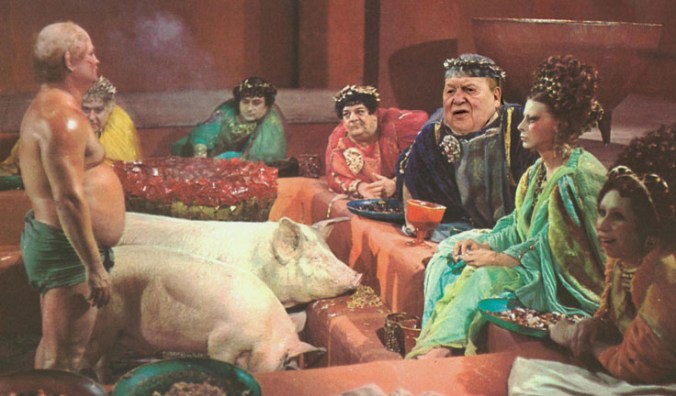
Adelson’s luxury suite
August
Okay, how about a little sunshine. I donned my anthropological pith helmet and crashed a bachelor’s party at Chico Feo (click here) and talked a colleague into letting me publish a brilliant letter she wrote to her students (click here).
September

Snazell, Sarah; Doppelganger; Brecknock Museum and Art Gallery; http://www.artuk.org/artworks/doppelganger-178168
In September we travelled to Houston for treatment, and my Judy Birdsong met the other Judy Birdsong, a bright light in a year of darkness (click here).
October
Before Leonard Cohen died, I published this piece after reading David Remick’s splendid New Yorker article. Click here.

Blow Hurricane Matthew, break your checks, rage blow. Click here.
November
Oh my God NO! Click here.
 December
December
So here we are. On the edge. Waiting. But, hey, thanks to all for reading, especially my regular crew. Happy New Year!
.
